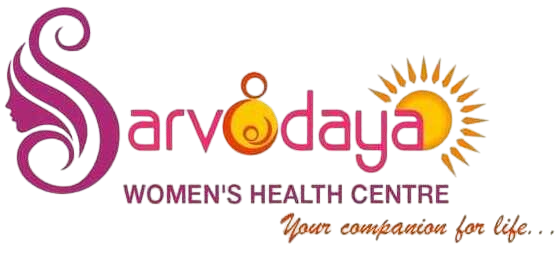


Helping You Conceive Naturally with Advanced Surgical Care
If you’re struggling to conceive, certain conditions in the uterus, ovaries, or fallopian tubes may be affecting your fertility. Fertility-enhancing endoscopic surgery uses advanced minimally invasive techniques—laparoscopy and hysteroscopy—to correct these problems and improve your chances of natural conception.
At our clinic, we offer safe, uterus-preserving surgeries to support your dream of becoming a parent.
This includes procedures that
These surgeries are typically performed using endoscopy—small instruments and a camera inserted through tiny incisions (laparoscopy) or through the vaginal passage (hysteroscopy)—making them less painful, with faster recovery.
 Diagnostic Hysterolaparoscopy
Diagnostic Hysterolaparoscopy
 Tubal Surgery (Tuboplasty)
Tubal Surgery (Tuboplasty)
 Ovarian Drilling (for PCOS)
Ovarian Drilling (for PCOS)
 Removal of Fibroids (Myomectomy)
Removal of Fibroids (Myomectomy)
 Polypectomy / Septum Removal
Polypectomy / Septum Removal
 Adhesiolysis
Adhesiolysis
 Endometriosis Surgery
Endometriosis Surgery

You may benefit from fertility-enhancing surgery if:
Our team is committed to helping you grow your family with care and compassion. Every woman is unique—so we tailor your treatment based on your diagnosis, age, and reproductive goals.
Let us help you understand your options and find hope again.
Treatment depends on the underlying cause and may include:
Yes. Female fertility declines significantly after age 35 due to a decrease in the quantity and quality of eggs. Male fertility also declines with age, but generally at a slower rate.
Yes. Maintaining a healthy weight, reducing stress, avoiding smoking and excessive alcohol, eating a balanced diet, and getting regular exercise can all positively impact fertility in both men and women.
Success rates vary depending on factors like age, cause of infertility, and type of treatment. For example, IVF success rates can range from 30% to over 60% per cycle depending on the patient’s age and health profile.
Yes. Most fertility treatments are safe when monitored by experienced specialists. Side effects are usually mild, but in some cases, there can be risks such as multiple pregnancies or ovarian hyperstimulation syndrome (OHSS), especially with certain medications.

Premier women’s healthcare facility
Near SDM Engg College, Opp Police Training School, Kalaghatagi Road, Giri Nagar, Dharwad - 580002